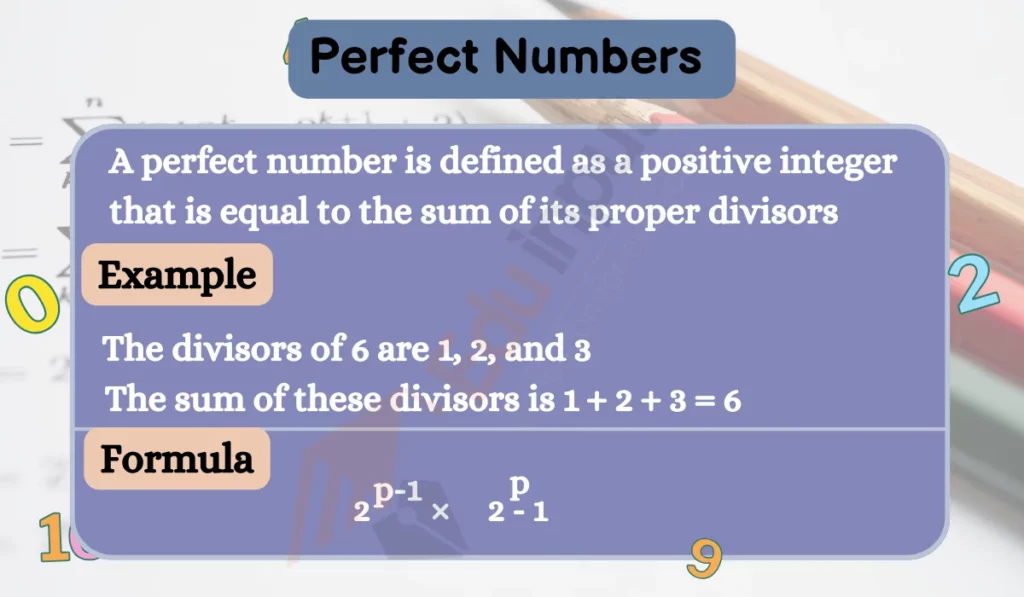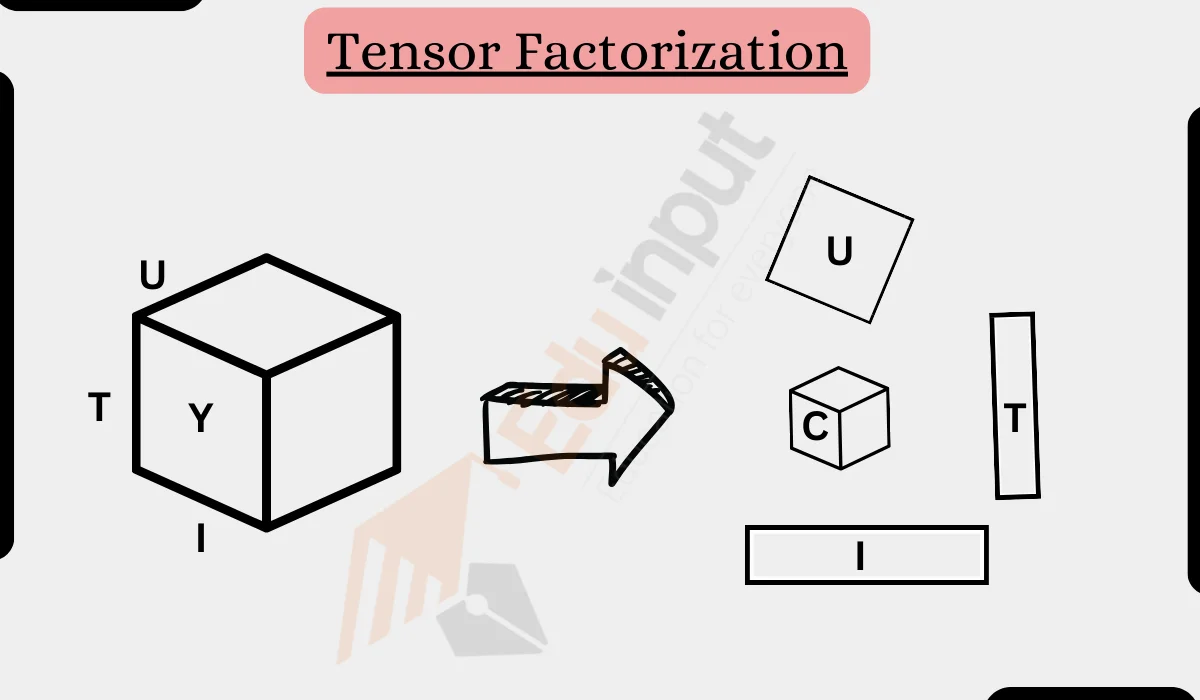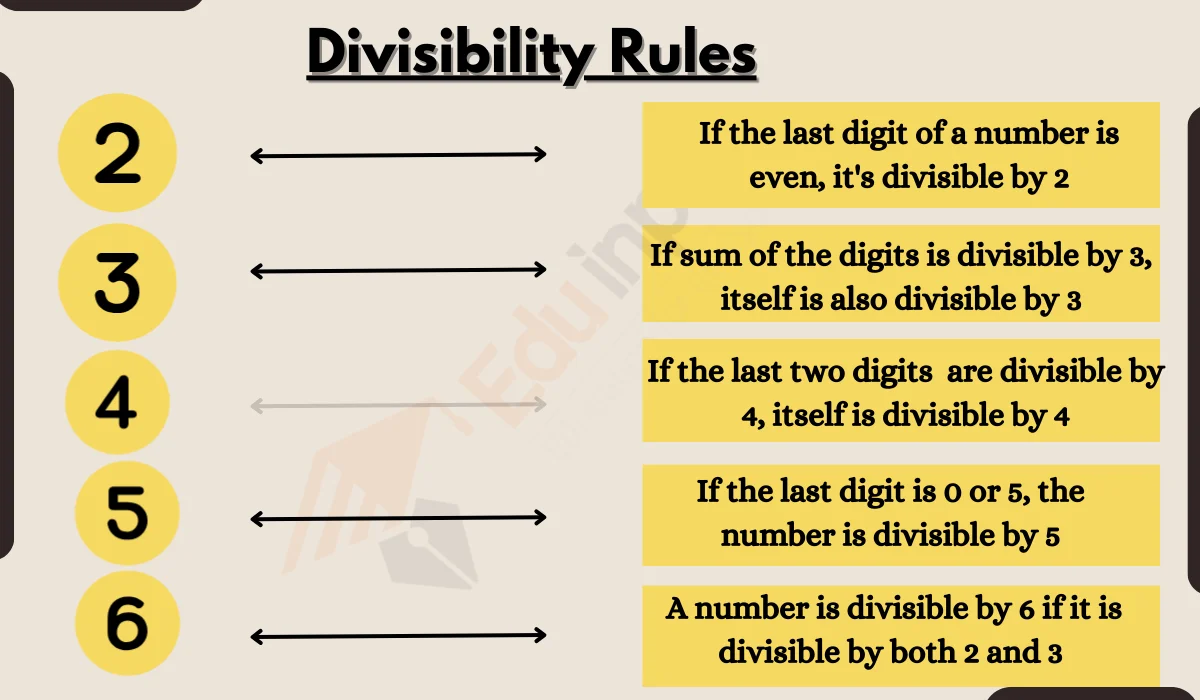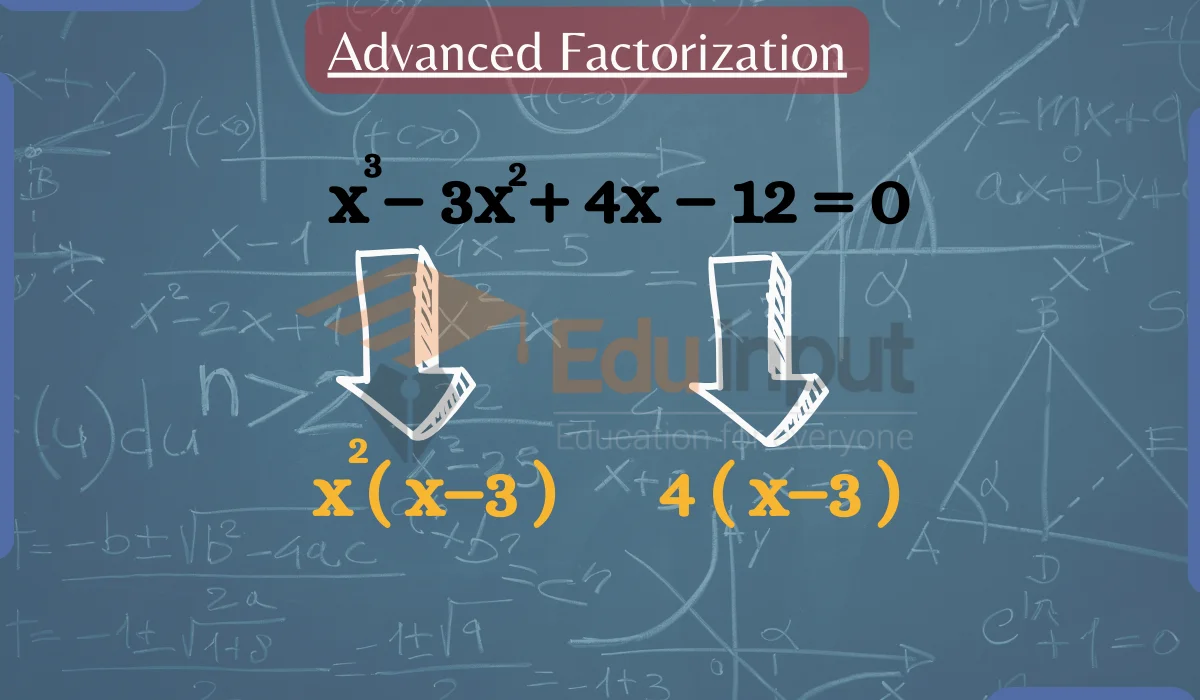Perfect Numbers and Their Factorization
Perfect numbers are an important concept in mathematics.
In this article, we’ll discuss the world of perfect numbers, understand their factorization and provide solved examples.

What Are Perfect Numbers?
A perfect number is defined as a positive integer that is equal to the sum of its proper divisors (excluding itself). In other words, a perfect number is a number that is half the sum of all its positive divisors.
Perfect numbers have a unique pattern. They are all even and follow the formula 2p-1 × 2p – 1, where both 2p-1 and 2p – 1 are prime numbers. This formula was revealed by the renowned mathematician Euclid, and it generates perfect numbers when you substitute prime numbers for ‘p.’
| Prime (p) | Mersenne Prime (2p-1) | Perfect Number (2p-1 × 2p – 1) |
|---|---|---|
| 2 | 3 | 6 |
| 3 | 7 | 28 |
| 5 | 31 | 496 |
| 7 | 127 | 8128 |
| 13 | 8191 | 33550336 |
| 17 | 131071 | 8589869056 |
| 19 | 524287 | 137438691328 |
| 31 | 2147483647 | 2305843008139952128 |
| 61 | 2305843009213693951 | 2658455991569831744654692615953842176 |
History of Perfect Number
The quest to discover and understand perfect numbers has a rich history. Ancient Greek mathematicians, including Euclid, delved into the properties of these numbers, laying the foundation for future investigations.
The first perfect number ever discovered is 6. Let’s find out why:
- The divisors of 6 are 1, 2, and 3.
- The sum of these divisors is 1 + 2 + 3 = 6.
Since 6 equals the sum of its divisors, it qualifies as a perfect number.
Example
Find the first three perfect numbers.
- Begin with p = 2.
- 2^(2-1) × (2^2 – 1) = 2^1 × (4 – 1) = 2 × 3 = 6
- For p = 3:
- 2^(3-1) × (2^3 – 1) = 2^2 × (8 – 1) = 4 × 7 = 28
- For p = 5:
- 2^(5-1) × (2^5 – 1) = 2^4 × (32 – 1) = 16 × 31 = 496
So, the first three perfect numbers are 6, 28, and 496.
Factorization of Perfect Numbers
Factorizing perfect numbers is an interesting challenge. As perfect numbers are equal to the sum of their proper divisors, their factorization provides insight into their unique properties.
Example
Factorize the perfect number 28.
- The divisors of 28 are 1, 2, 4, 7, and 14.
- The sum of these divisors is 1 + 2 + 4 + 7 + 14 = 28.
Hence, the factorization of 28 is 1 × 2 × 4 × 7 × 14.
FAQs
Are there infinitely many perfect numbers?
It is not yet proven whether there are infinitely many perfect numbers. However, as of now, only a finite number of perfect numbers have been discovered.
Can odd perfect numbers exist?
The existence of odd perfect numbers remains an open question in mathematics. No odd perfect numbers have been found, and it’s unclear whether any exist.
Can I find perfect numbers beyond the first three?
While the search for more perfect numbers is ongoing, the task becomes increasingly challenging as numbers grow larger. The first three perfect numbers are 6, 28, and 496. Finding additional perfect numbers requires significant computational resources.






Leave a Reply